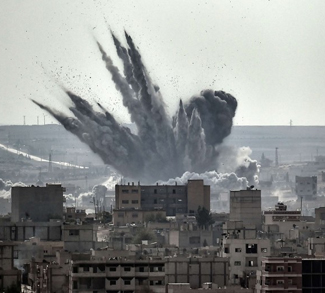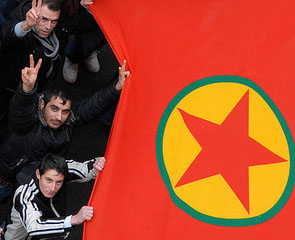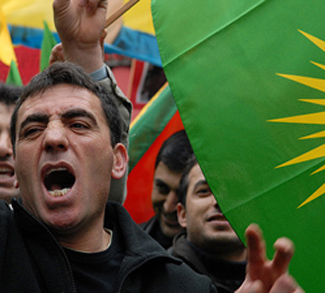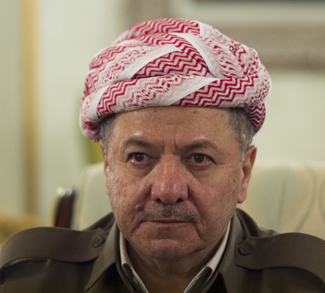Summary
If there was any question in the aftermath of the Suruc bombing in July, subsequent events have put it to rest: The Kurdistan Workers Party-Turkey peace process is finished. Violence has raged on both sides since the initial response from Turkish armed forces, and now the body count stands at 50 dead from violence in Turkey and 190 dead from air strikes on Kurdish-controlled territory.
Turkey is officially entering the war against Islamic state at the same time as it reignites its old conflict with the Kurdistan Workers Party (PKK) – enemies that Ankara has recently described as “two sides of the same coin.”
The United States has unsurprisingly fallen into line with its NATO ally in Turkey, and is now being allowed the use of Turkish airbases after over a year of being refused. Just how much it has fallen in line remains to be seen, however. Early government statements out of Ankara seem to have taken US support for an anti-ISIS safe zone for granted: “The control and protection of [the safe-zone] will be conducted by Syrian opposition forces and the necessary air defense and support will be provided by… the United States and Turkey.” The US State Department has since refuted Turkish claims of US involvement in the safe zone, maintaining that an agreement has yet to be reached.




